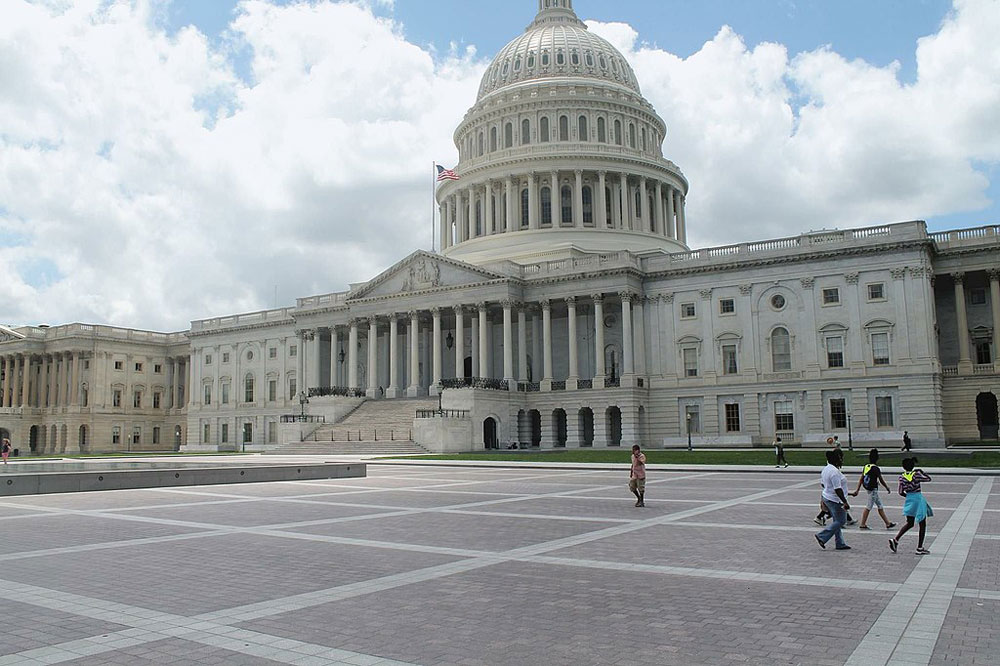February 10, 2011; Source: The Tufts Daily | A bill submitted to the Massachusetts legislature would require additional financial disclosures from universities. Specifically, according to The Tufts Daily, schools would be required to disclose the value of any investment and real property holdings valued over $10 million, and the exact value of tax exemptions provided the institution.
They would also need to reveal “any individual conflicts of interest for trustees and directors, information about all staff earning more than $250,000, and details about financial arrangements with external consultants and vendors above $150,000.” But, for backers of the bill, much of the concern appears to be focused on the handling of endowments and the business ties of some trustees to funds where universities invest.
Predictably, the Association of Independent Colleges and Universities in Massachusetts opposes the measure, saying that the increased transparency is unnecessary and would be “potentially damaging” to higher education as a major economic driver in the state. “What is specifically being asked for in the legislation would have a very chilling effect on the retention and recruitment of new employees to our institutions,” commented AICUM president, Richard Doherty. “This would cover the position staff and senior management of practically every teaching hospital in Boston and people don’t like their personal financial information being made public . . . That would be terrible for Massachusetts because we would be losing the tremendous talent we have now at our universities and our affiliated teaching hospitals to other states,” Doherty said.
But others don’t buy that argument. “I don’t understand how disclosing more information is going to harm the economy, that’s a non sequitur to me,” said Joshua Humphreys, the lead researcher on a recent study by the Tellus Institute that found that endowment losses had significant economic impacts on surrounding communities through layoffs, pay freezes, and program cuts. “They report this information to private parties; for them to say it’s burdensome to report it out flies in the face of reality.”
Sign up for our free newsletters
Subscribe to NPQ's newsletters to have our top stories delivered directly to your inbox.
By signing up, you agree to our privacy policy and terms of use, and to receive messages from NPQ and our partners.
“We wanted to highlight that [austerity measures] on campuses have multiplier effects in surrounding communities,” Humphreys said. “In addition to those economic costs that accompanied endowment declines, there is a broader context that creates costs for local communities.”
Proponents of the bill, including the SEIU contend that the financial information it is the public’s business because the universities are subsidized through sales tax, investment tax and property tax exemptions. Wayne Langley of the SEIU said, “Most of the schools are saying when they lost money that it was a force of nature, an act of God. … No one took any responsibility and that’s just absurd — it’s a failure of leadership.”
Caroline Incledon, of Students at Tufts for Investment Responsibility, agrees, saying, “contrary to popular belief, increased transparency is not going to lead to decreased financial returns… it’s going to promote education and dialogue and responsible investing.”—Ruth McCambridge












